The Passage of Time

This page may contain links to Amazon.com or other sites from which I may receive commission on purchases you make after clicking on such links. Read my full Disclosure Policy
The older I get, the faster time seems to go by. I don’t remember when I first noticed it, but I’ve definitely been aware of it since I was 40. Over the last few years I’ve heard people in their 20s and 30s express the same thing.
I thought I’d figured out the reason for this phenomenon. My theory comes down to simple math.
On your first birthday, one year represents 100% of your entire life. That’s forever!
When you turn five, a year is only 20% of your life, already much less than that same year as a baby.
By the time you’re 20, a year is only 5% of your life, barely significant.
When you turn 50, that year is only 2% of the time you’ve lived so far.
Mathematically, it makes sense that time would pass more and more quickly as we get older.
Today I watched a TED Talk that suggests a different idea entirely. According to John Coyle, there’s no correlation between chronological time and experiential time. In other words, it’s not about how much time has gone by, but how deeply we’ve lived it. He explains it so much better than I can, so I’ve included the video below. It’s well worth the 20 minutes, especially if you’re as fascinated with time as I am.
I’d love to read your comments about this video, or about the passage of time in general!
Reading Update
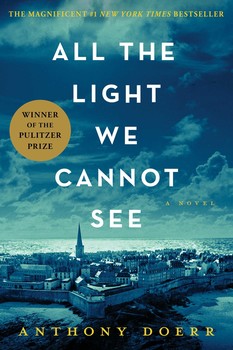 Since last week, I’ve finished reading All the Light We Cannot See, for the 7th category in the 2015 Reading Challenge: a book that “everyone” has read but you. It was a bit of a stretch because I don’t know that many people who have read it, but it’s been popping up everywhere since the beginning of the year, so when I discovered that my sister owned a copy, I asked her to lend it to me.
Since last week, I’ve finished reading All the Light We Cannot See, for the 7th category in the 2015 Reading Challenge: a book that “everyone” has read but you. It was a bit of a stretch because I don’t know that many people who have read it, but it’s been popping up everywhere since the beginning of the year, so when I discovered that my sister owned a copy, I asked her to lend it to me.
I’m glad I did, because I loved it! The story takes place during World War II, and is told through the eyes of two very different characters. One is a blind French girl who escapes Paris with her father when the Nazis move in, and the other a young German boy who is recruited as a Hitler Youth. The situations are exciting, the language is beautiful, and it’s fascinating to see how the lives of these two intertwine.
While reading it, I couldn’t help but think that this is the way history should be taught. How much easier is it to grasp a situation when it’s described by everyday people who lived through it, rather than in a dull textbook? I had a similar feeling when I read September 17 by Amanda West Lewis, about another facet of World War II, and Bill Bryson’s In a Sunburned Country, which describes Australian geography, history and science in a highly entertaining fashion.
I’ve now moved on to Everybody Rise by Stephanie Clifford, and have no doubt I’ll finish my advance readers’ copy before it officially hits the shelves on August 18th. It doesn’t fit into any of my remaining categories for the Reading Challenge, since I’ve already completed a book published this year, so I think my next one will be “a book recommended by someone with great taste.” It’s ready and waiting on my shelf, but you’ll have to wait to find out what it is.
What are you reading right now?
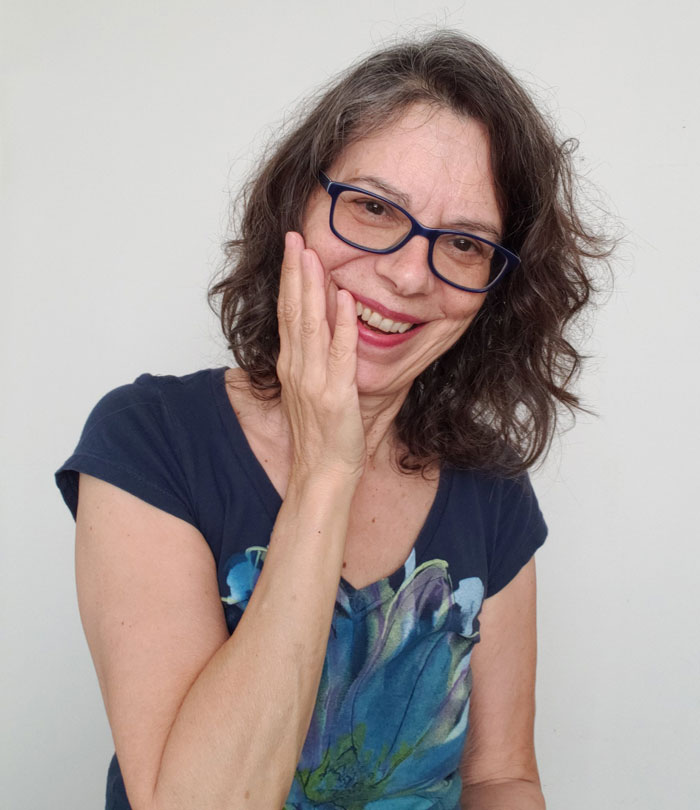
Janet Barclay
I eliminate stress for my clients by hosting, monitoring, and maintaining their WordPress sites so they don’t have to worry about security, downtime or performance issues. When I’m away from my desk, I enjoy reading, photography, cooking, watching movies, drinking tea, and spending time with my family.

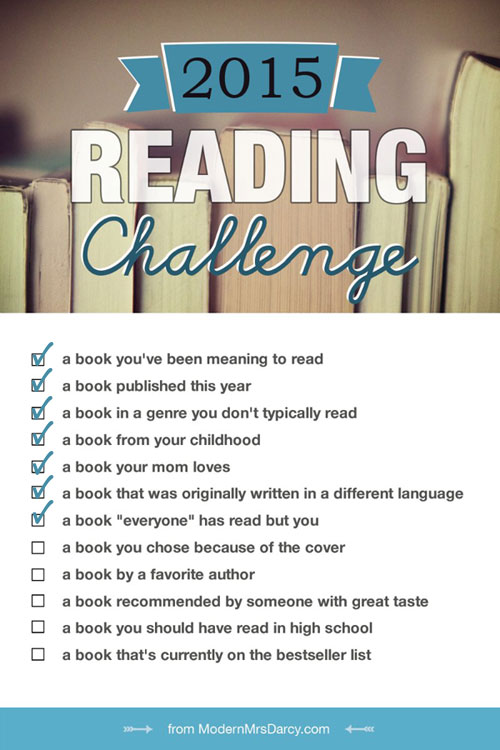

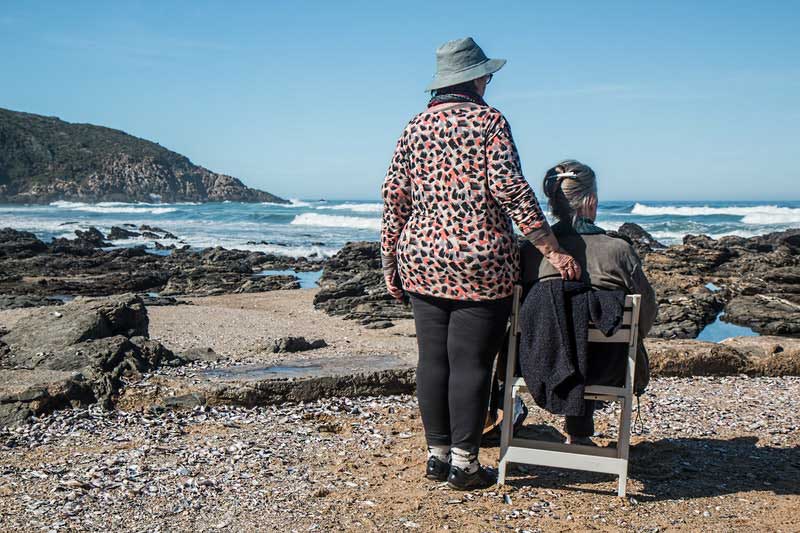
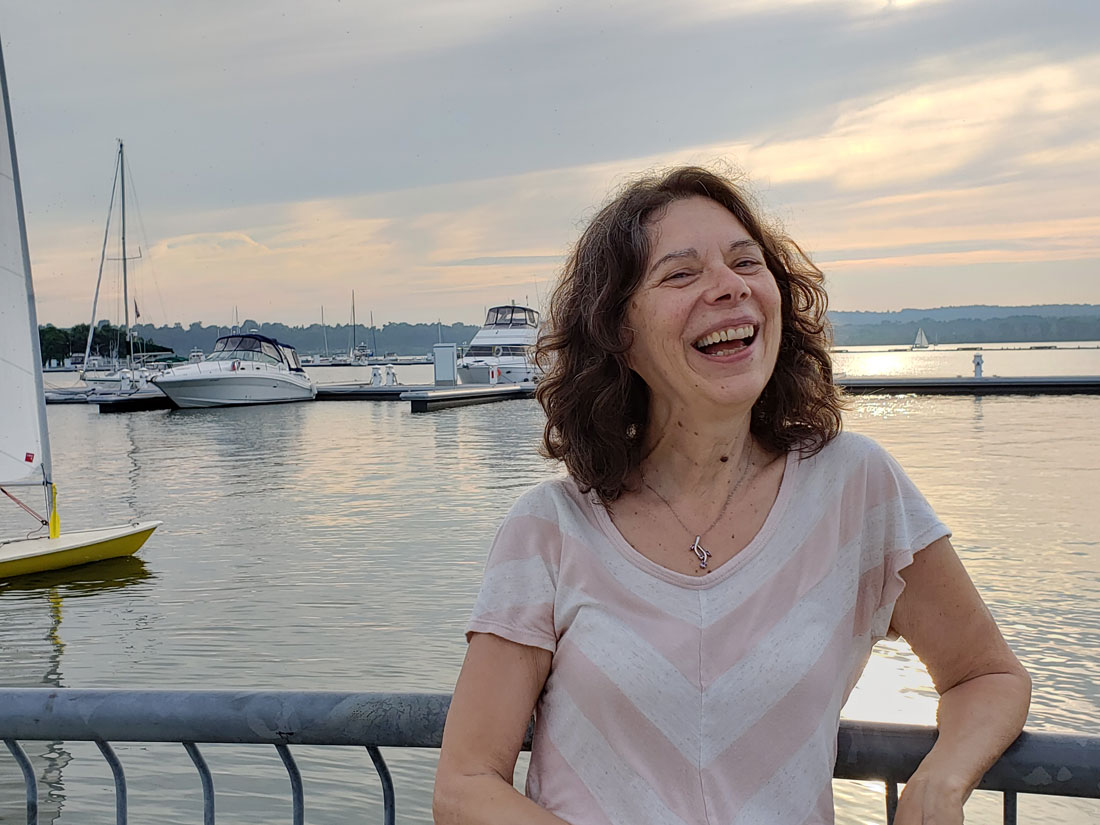
Janet- What an incredible TedTalk! John Coyle’s thoughts around experiential time and really living are inspiring. I’m in tears. Thank you.
Linda, I’m so glad you enjoyed it. It really made me think about how I’m spending my time, something I’ve been focusing on all year. Watching TED videos is actually one of the activities I’ve added to my regular schedule – it’s a great way to open your mind to topics and ideas that aren’t related to your everyday life and work!
Time is funny. My theory was exactly the same as yours. But the TED talk (which I watched back when you posted it) has made me think. It makes perfect sense, but also contradicts the notion that “time flies when you’re having fun”. This discussion also reminds me of the Gretchen Rubin concept: The days are long but the years are short. Here’s her 1:58 video on the topic: https://www.youtube.com/watch?v=KktuoQwb3vQ
Hazel, thank you for sharing Gretchen Rubin’s video. It was very touching! In both cases, the message is essentially that time is going to pass no matter what, so we may as well fill it with rewarding activities.
It does contradict the notion that “time flies when you’re having fun” but did you ever notice that if you’re doing lots of fun things, maybe on vacation, and you think back to the beginning of that day or week, it feels like a long time ago?